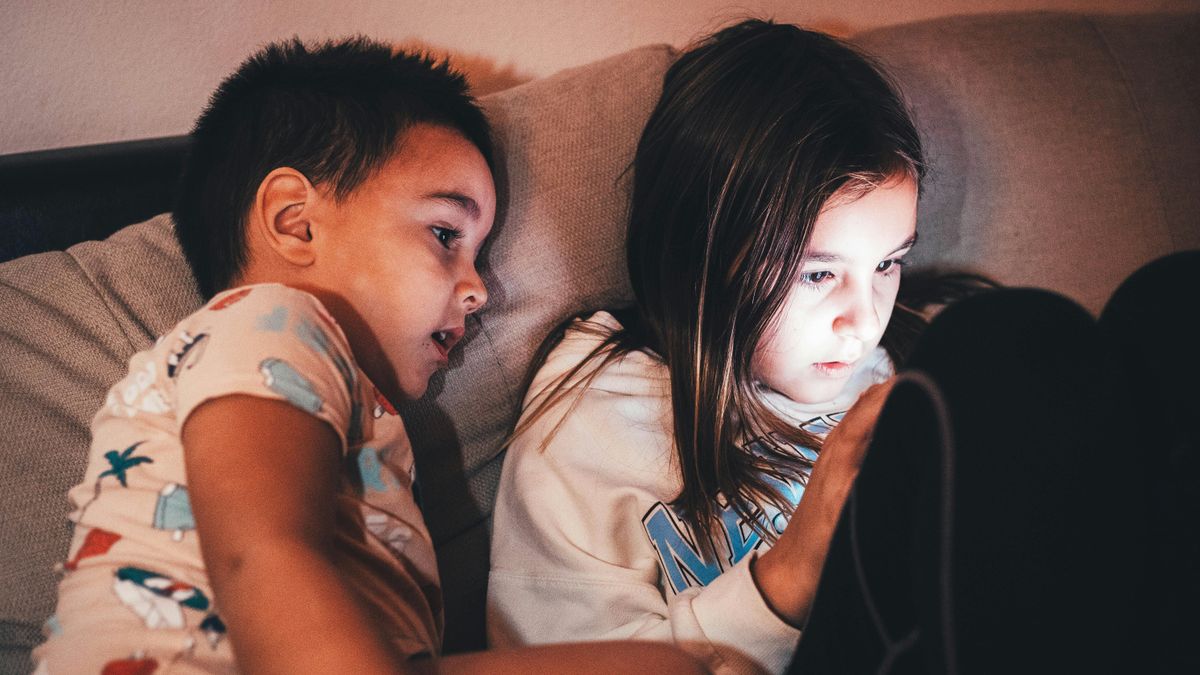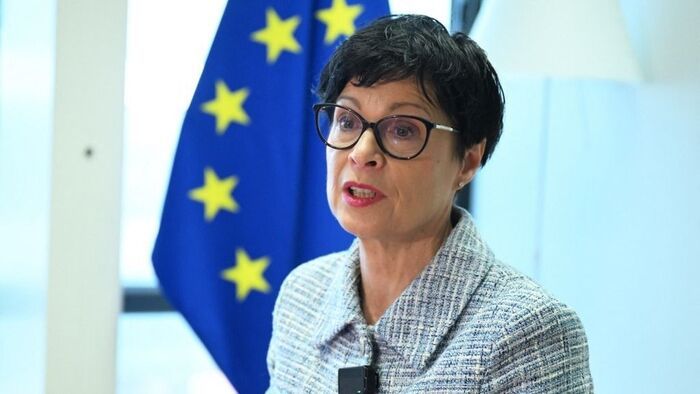"Digital child protection is an pressing, nonpartisan issue requiring immediate action," clinical psychologist Melinda Hal responded, after Viktor Orban recently encouraged Dora Duro, deputy-president of the Our Homeland Movement (MHM), to resubmit her proposal on digital child protection. According to Hal, it is no exaggeration to say that we are in the midst of a mental health disaster, and urgent intervention is needed to protect children from digital harm.
What’s the Problem with Excessive Screen Time?
“In early childhood, excessive screen time – uncontrolled use of smartphones, tablets or television – causes irreversible damage to children’s nervous systems,” Hal says, adding
the WHO recommends zero screen time for children under three for good reason.
She noted that the seriousness of the issue is also reflected in statistics: according to Hungary’s Central Statistical Office (KSH), there are over 100,000 children with developmental delays or special educational needs, and this number has been rising, along with delays in motor and social skills development.

“These issues are closely linked to excessive screen time,” Hal continued. “The digital environment significantly impacts mental health – especially for children between the ages of three and five. This is a critical developmental stage when children acquire key skills. If a child hasn’t learned to speak by age five, chances are they never will.” At this age, children absorb knowledge rapidly – whether it’s language acquisition, fine motor skills, or movement coordination.
But screen time robs them of these opportunities. It diminishes their focus and hinders the development of emotional bonding and basic human connection, as well as the processing of emotions.
The actions of well-meaning parents can actually cause harm, the expert said. One example of misguided effort is when parents use educational apps to “train” preschoolers. “Up to age three, the most important support we can provide is emotional bonding and opportunities for physical movement. Without this, emotional and cognitive development is stunted,” said Hal.
Today, nearly half of three-year-olds in Hungary cannot repeat a three- to four-word sentence. They struggle with basic native language skills and have very limited vocabulary.

























Szóljon hozzá!
Jelenleg csak a hozzászólások egy kis részét látja. Hozzászóláshoz és a további kommentek megtekintéséhez lépjen be, vagy regisztráljon!